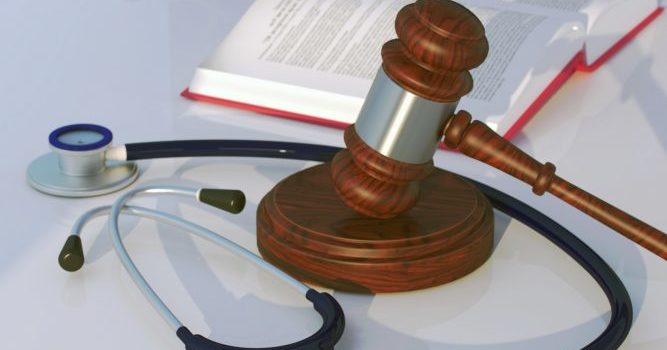The ink is barely dry on the arrest warrant for a Florida man accused of practicing medicine without a license, but now another similar story has popped up in New Jersey. Unlike the Florida case, the accused was not the proprietor of the urgent care center where he worked but an employee. Law enforcement officials say he’s actually a former physician whose medical license was suspended in 2003 for aggravated drug possession. Authorities are confident …
Read More




